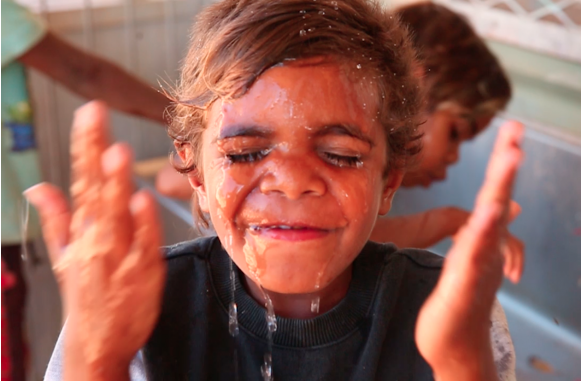Close the gap for vision: Jean McCaughey Oration 2018

Laureate Professor Hugh Taylor will use the fourth Jean McCaughey Oration to outline a reduction in adult Aboriginal and Torres Strait Islander blindness rates from six to three times the non-Indigenous population.
Tomorrow’s oration recognises the contribution of the late doctors Jean and Davis McCaughey to social justice and human rights.
In the oration, which coincides with NAIDOC Week, Professor Taylor will discuss his work and the inroads it has made improving the co-ordinated provision of eye care services, and effectively linking primary care with specialist services
In 2008 the National Indigenous Eye Health Survey showed that Aboriginal and Torres Strait Islander children had much better vision than non-Indigenous children, but beyond the age of 40 they had six times as much blindness.
It also showed that 94 per cent of this vision loss and blindness could be prevented or treated and this unmet need was similar in urban and remote areas.
Following extensive consultation with the community and health providers, the sector-endorsed Roadmap to Close the Gap for Vision was launched in 2012. It has 42 recommendations for appropriate, accessible and sustainable eye care services.
Since then, good progress has been made and 16 recommendations have been fully implemented.
In 2016 the National Eye Health Survey reported the gap between Indigenous and non-Indigenous blindness rates had been halved to “only” three times. While there is more work to be done, eye health is clearly one area where the gap can be closed.
Professor Taylor is the University of Melbourne’s Harold Mitchell Professor of Indigenous Eye Health. He was the Department of Ophthalmology Head and Centre for Eye Research Australia Founding Director from 1990-2007.
McCaughey Centre founding Patron Dr Jean McCaughey (1917-2012) and her husband Davis McCaughey made outstanding contributions to the wellbeing, social justice and human rights of a diverse range of Victorian, Australian and international communities.